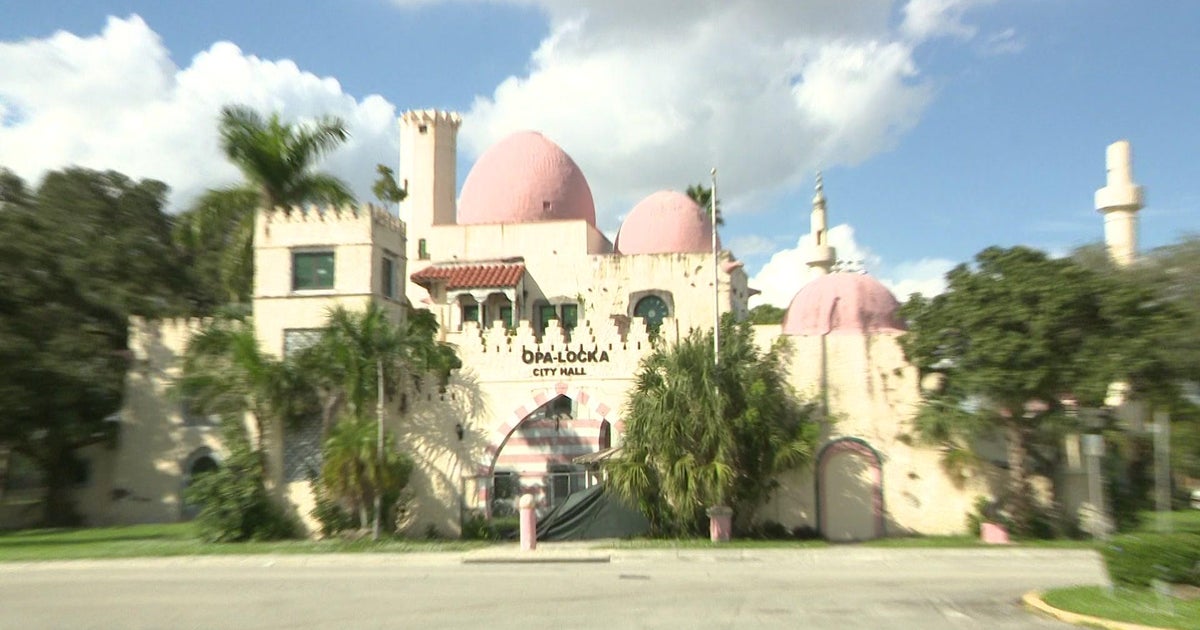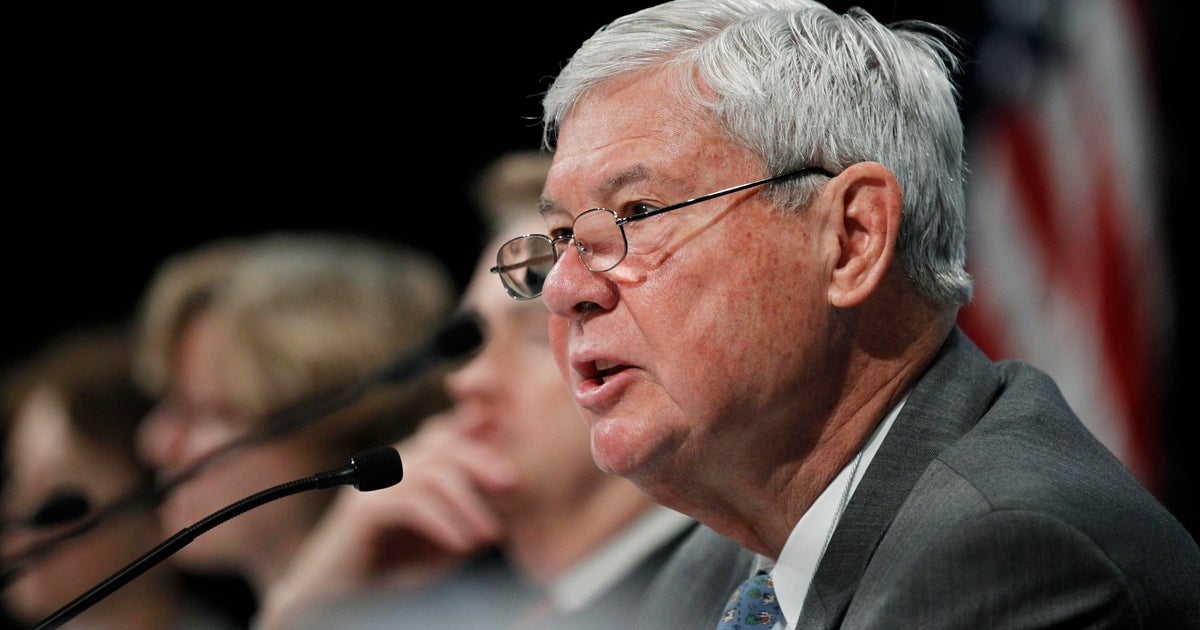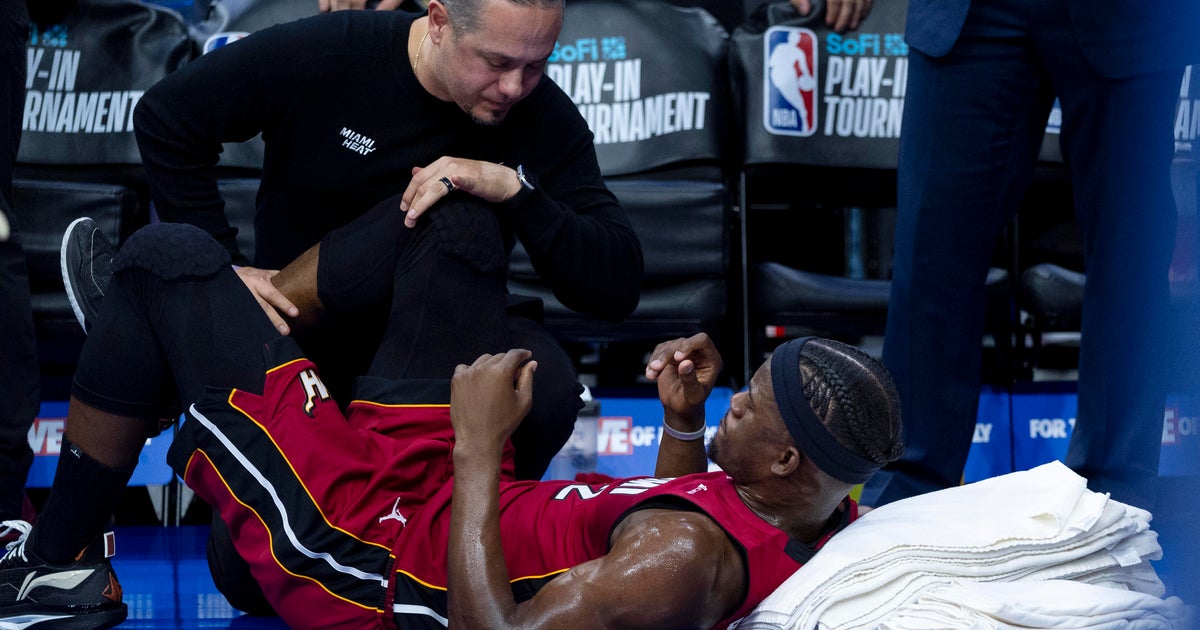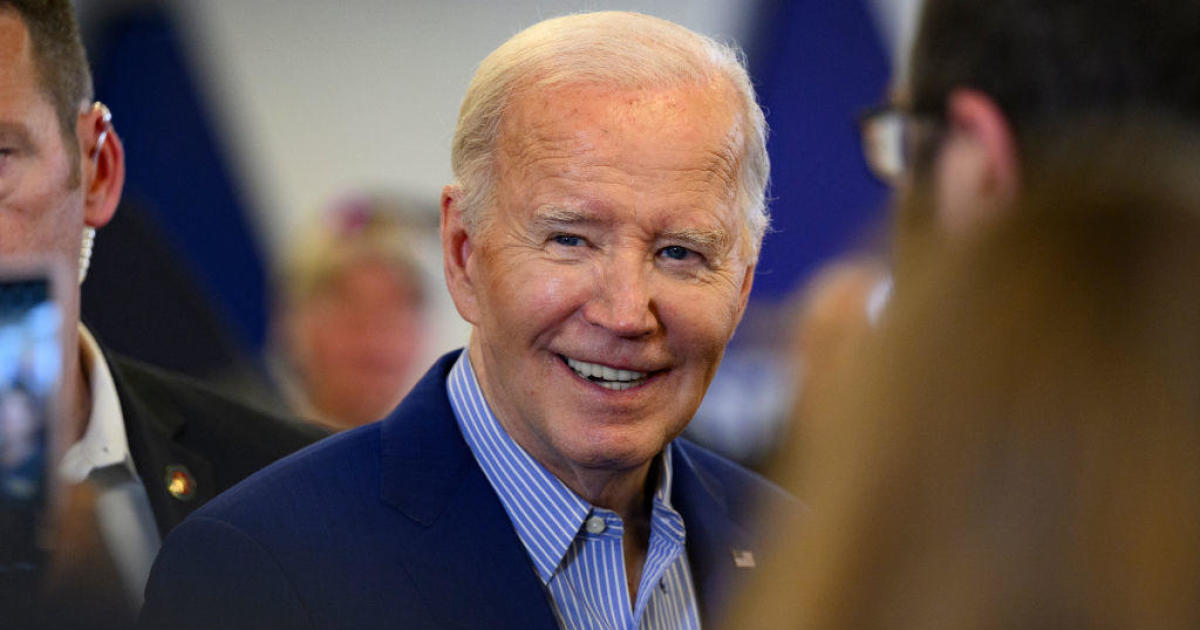Debate History Gives Romney A Tough Hill To Climb
DENVER (CBSMiami) – With national polls narrowing, Republican presidential nominee Mitt Romney and President Barack Obama are set for their first debate Wednesday night in Denver. Romney has been consistently trailing Obama in the last few weeks and many say he needs a game-changer in the debates.
But, historically speaking, it's been very rare that a candidate has performed well enough in a debate to completely reset the campaign. According to Gallup, polling dating back a half-century revealed "few instances in which the debates may have had a substantive impact on election outcomes."
Gallup noted there were two exceptions to the rule, 1960 and 2000, which were both extremely tight races where the smallest change could have impacted the race. Gallup found the 1976 and 2004 debates "seemed to have made the races more competitive, but they did not change the fundamentals of those elections."
According to a new book titled, "The Timeline of Presidential Elections," the authors found "no case where we can trace a substantial shift to the debates," according to the Washington Post. Additionally, a study by political scientist James Stimson also found that at best, debates may provide a nudge in close elections, but no game changing moments.
The New York Times' 538 Blog, which constantly runs statistical simulations of the presidential race, found, "the debate normally have a modest impact." Five-Thirty-Eight's blog said the largest shift came in 1984 when Mondale moved up 3.6 points, but still trailed President Ronald Reagan by 17 points.
Five-Thirty-Eight's Nate Silver said there were just two debates that "reversed the leader in the race," Ronald Reagan in 1980 and George W. Bush in 2000. Silver also said, "the candidate ahead in the polls after the first debate always won the Electoral College dating back to 1976."
Still, Silver and other pollsters said that on average, the challenger is usually the biggest beneficiary of any debate bump. Romney already has a big burden on his shoulders going into the first debate as it may be his only chance to really change the campaign after several miserable weeks on the trail.
From his comments saying as president he wouldn't care about nearly half of Americans to reports of problems within the campaign, Romney has not been able to stay on message since the political conventions.
Romney has reportedly been rehearsing "zingers" to try and nail Obama on anything he might mess up during the debate. Part of the problem both candidates will face this year as well is the fact-checkers in real-time on social media sites like Twitter.
Both campaigns will want to spin the debate in their favor immediately afterward, but the speed of fact-checking online could make that nearly impossible. The Romney and Obama campaigns have also lowered expectations so that as long as the candidates don't screw up anything major, they performed well.
But, Romney is facing an uphill battle. According to 538, "no candidate who trailed by as much as Romney does heading into the first debate went on to win the election." Additionally according to 538, "there has not been any tendency for the challenger to gain over the remaining weeks of the election."
The first debate's format has been set and it will be divided into six, 15 minute segments. Moderator Jim Lehrer will open each segment with a question and each candidate will have two minutes to respond. Lehrer will then use the remaining time to further discuss the topic, according to Poynter.org.
What could ultimately turn the one to two percent of those who change their minds based on the debate may be the media spin coming out of the debates. A 2004 Vanderbilt study had 74 voters watch the Bush-Kerry debate with 25 watching without commentary afterwards, 25 watching with CNN commentary afterward, and 24 watched with NBC commentary.
The study found that those who watched just the debate thought Joyhn Kerry won, while those who watched with NBC thought Bush won, and the group that watched CNN almost split evenly between saying Kerry won and neither candidate won.
So while the debate itself is part of the equation, what could ultimately turn the opinions of the one to two percent of undecided voters who may shift after the debate will be the media coverage in the next 48-72 hours after the debate.
All of this could get thrown out the window with a phenomenal performance by either candidate in Wednesday's debate. For Obama, he basically needs a split-decision or draw to maintain his 3-5 point lead in the polls nationally and in the swing states. That said, he can't come off as being overly cautious either.
For Romney, he needs a knockout shot that can reset his campaign in a way that can propel him to 1600 Pennsylvania Avenue. If Romney doesn't land the big blow Wednesday night, he may not have enough time left in the campaign to overcome Obama's current lead.
Anything is possible in politics and that will play out again starting at 9 p.m. and you can watch the debate on CBS4 or CBSMiami.com.



